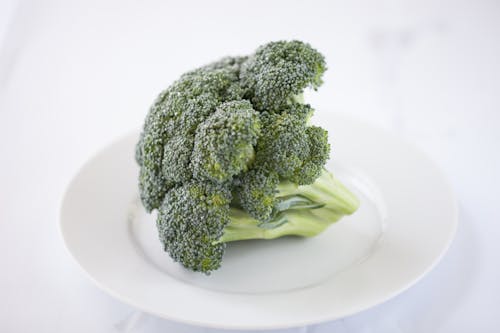
When is tired too tired? Signs and symptoms of vitamin B12/B9 deficiencies
When is a lack of energy or fatigue something more than just the result of a bad night’s sleep? When is it something to be worried about, something we should see someone about?
When your body is lacking in iron it can cause a range of problems that go beyond fatigue. Vitamin B12 or B9 (commonly called folate) deficiency anaemia occurs when a lack of vitamin B12 or folate causes the body to produce abnormally large red blood cells that cannot function properly.

According to the NHS, Vitamin B12 deficiency means that our nervous system cannot function to its fullest capacity.
Several signs that you may have a folate or B12 deficiency include:
- extreme tiredness
- a lack of energy
- pins and needles (paraesthesia)
- a sore and red tongue
- mouth ulcers
- muscle weakness
- disturbed vision
- psychological problems, which may include depression and confusion
- problems with memory, understanding and judgement
There are lots of reasons why you may have a folate or B12 deficiency. You may have pernicious anaemia, where your immune system attacks healthy cells in your stomach, preventing your body absorbing vitamin B12 from the food you eat; this is the most common cause of vitamin B12 deficiency in the UK. Or else maybe a lack of these vitamins in your diet – this is uncommon, but can happen if you have a vegan diet, follow a fad diet or have a generally poor diet for a long time. The medicines you take may also be the cause. Certain medicines, including anticonvulsants and proton pump inhibitors (PPIs), can affect how much of these vitamins your body absorbs.
Although this deficiency is more common in older people, it is still important to look out for.
Anaemia from lack of Vitamin B12 and lack of folate don’t all have the same symptoms, though there is some overlap. It’s important to check these symptoms to see if you may need to be tested with your GP for any of the deficiencies. Getting tested is simple and just requires a blood test in order to diagnose and treat your deficiency. See a GP if you think you may have a vitamin B12 or folate deficiency. If you suspect you may be experiencing a deficiency, it’s important to make an appointment with your GP as soon as you can.
Anaemia is a low red blood cell count, meaning you have a low amount of haemoglobin in your red blood cells. The symptoms of anaemia include;
- extreme tiredness (fatigue)
- lack of energy (lethargy)
- breathlessness
- feeling faint
- headaches
- pale skin
- noticeable heartbeats (palpitations)
- hearing sounds coming from inside the body, rather than from an outside source (tinnitus)
- loss of appetite and weight loss
If you have anaemia caused by a vitamin B12 deficiency, you may have other symptoms, such as:
- a pale-yellow tinge to your skin
- a sore and red tongue (glossitis)
- mouth ulcers
- Pins and needles (paraesthesia)
- changes in the way that you walk and move around
- disturbed vision
- irritability
- depression
- changes in the way you think, feel and behave
- a decline in your mental abilities, such as memory, understanding and judgement (dementia)
Some of these symptoms can also happen in people who have a vitamin B12 deficiency but have not developed anaemia.
Additional symptoms in people with anaemia caused by a folate deficiency can include:
- symptoms related to anaemia
- reduced sense of taste
- diarrhoea
- numbness and tingling in the feet and hands
- muscle weakness
- depression

Treating vitamin B12 or folate deficiency anaemia can be easy, with either injections or tablets filling in for the deficiency. In many cases, changing diet is key, eating foods rich in Vitamin B12 and folate. Vitamin B12 is found in meat, fish, eggs, dairy products, yeast extract (such as Marmite) and specially fortified foods. Folate sources include green vegetables, such as broccoli, brussel sprouts and peas.
Your GP may suggest further treatment or investigation if the cause of the deficiency isn’t clear, which means they may refer you on to a specialist, but most deficiencies are easily treatable.






